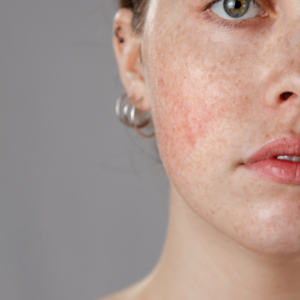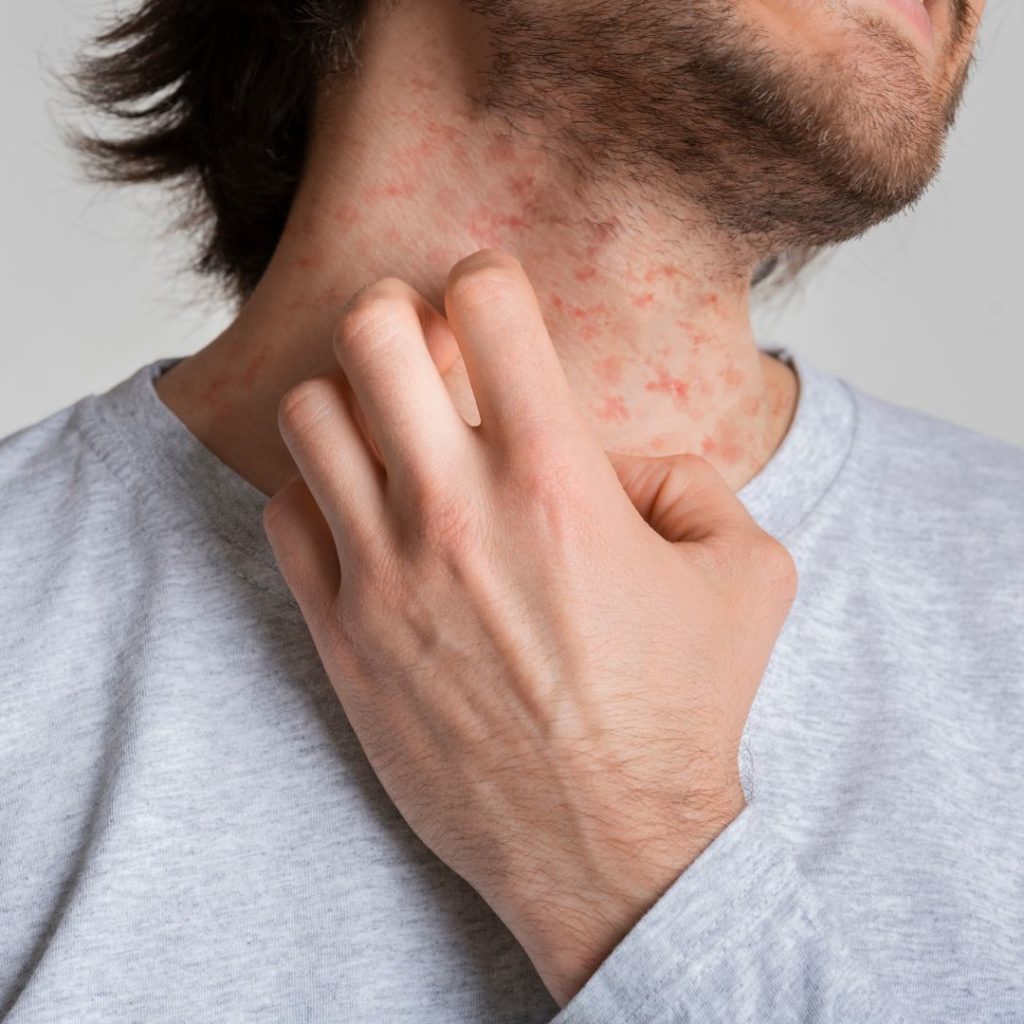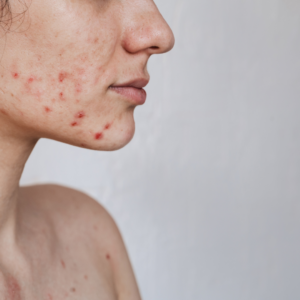
Rosacea Awareness Month: Signs, Symptoms & Treatment Options
Discover a youthful lift without surgery. Learn how our thread lift at Bryn Mawr Dermatology can rejuvenate your appearance.
Did you know that 31.6 million people in the US have some form of eczema? Eczema is a skin condition that can be acute, chronic or a combination of both. Acute eczema has minimal and short-lived symptoms that don’t recur regularly. Chronic eczema lasts for weeks and sometimes takes up to a season to calm down. The trickiest part about managing this condition is identifying the exact type and its causes. In this article, we will discuss eczema in detail and how it can be treated.
While this article spells out some important information about 5 dermatologist-approved treatments for eczema, we highly recommend you read the full article, here are the key points we will focus on:

Eczema is a group of skin conditions that affects people of all ages, ethnicities, and locations. In fact, approximately 1 in 10 individuals will deal with eczema during their lifetime. It can cause a wide range of symptoms, including itching, redness, and irritation. This condition is more common in females in comparison to men, and more common in infants and young children because their immune systems aren’t fully developed yet and they’re more likely to be exposed to ground allergens like dust mites or pet dander in their homes or daycare centers.
Eczema can make your skin miserably itchy, and you might feel less confident about the way you look because of its visible symptoms. None of these conditions are contagious. They cannot be cured, but the majority of symptoms can be prevented and the breakthrough symptoms can be treated by a medical professional. The trick is to identify the exact type and the causes. At Bryn Mawr Dermatology our board-certified dermatologists can recommend effective treatments and therapies to calm this condition and make you feel more confident in your skin.
To diagnose eczema, a Bryn Mawr dermatologist will have to examine your skin. A detailed history is required about the skin symptoms you’re experiencing and the duration of those symptoms. To rule out other skin conditions and confirm a diagnosis dermatologists may suggest one or more of the following tests:
Eczema triggers can come in various forms, such as underlying diseases like high blood pressure or kidney disease, internal imbalances like stress or a lack of sleep, environmental allergens and humidity, or irritants we encounter. Genetic factors may also make us susceptible to eczema flares. The most common causes include:
There are seven types of eczema, and anyone can be affected by it. The most common types include:
Every eczema patient is different; treatment depends on the skin condition and how your body responds to it. At Bryn Mawr Dermatology, dermatologists suggest remedies in the clinic and therapies at home or at work according to the intensity of the reaction. For the treatment to be effective, the underlying cause needs to be identified first. Certain types of medication may also result in eczema symptoms.
The best treatment is proactive intervention to remove or reduce the trigger. And when that doesn’t work, we have daily skin care regimens, prescription medications, and some new systemic medications to help treat symptoms.
Here are 5 recommended treatments for eczema that you should know about:
Small and simple behavioral shifts can help in preventing symptoms. For example, it can begin by reducing the length, temperature, and frequency of showers. Avoid extremes of temperature and ensure daily application of moisturizers.
Topical anti-inflammatories calm the irritated skin. Topical steroids work very well but are not a good choice for long term treatment as they are associated with side effects such as thinning and discoloration of the skin and a different type of rash.
Dermatologists may prescribe prescription or over-the-counter steroids that can help minimize flare-ups.
Simple changes in your daily hygiene routine can make a big difference. Skin experts recommend gentle, non-irritating cleansers that aren’t harsh on the face and other parts of the body. We recommend the CLn Facial and Body Cleanser, which is great for patients with eczema.
There is a new injectable medication for eczema called Dupixent that helps to modify the immune system’s overreaction to stimuli. It is currently the only preventive medication on the market, and has shown amazing results for complicated cases as well.
It is highly recommended to see a dermatologist if you need treatment for eczema, or if you are experiencing symptoms that affect your sleep and daily activities. If these symptoms don’t go away even after trying self-care steps, it is a sign that you’re suffering from a skin condition that requires professional intervention. The dermatologists at Bryn Mawr Dermatology can recommend effective medication to soothe itchiness and rough, scaly skin. Changes to daily lifestyle routines can also help minimize eczema lesions.
At Bryn Mawr Dermatology, we are here to help you control your eczema. Our board-certified dermatologists are a great resource if you need help treating eczema and will recommend treatments for effective results. If you are experiencing eczema symptoms, please visit Bryn Mawr Dermatology for a personalized consultation.

Discover a youthful lift without surgery. Learn how our thread lift at Bryn Mawr Dermatology can rejuvenate your appearance.

Discover a youthful lift without surgery. Learn how our thread lift at Bryn Mawr Dermatology can rejuvenate your appearance.

Discover a youthful lift without surgery. Learn how our thread lift at Bryn Mawr Dermatology can rejuvenate your appearance.

Struggling with acne scars? Discover the best dermatologist-approved treatments for smoother, clearer skin.

Looking to get your body summer-ready? Explore CoolTone and other expert treatments at Bryn Mawr Dermatology. Book your consultation today!

Looking to get your body summer-ready? Explore CoolTone and other expert treatments at Bryn Mawr Dermatology. Book your consultation today!

By: Bryn Mawr Dermatology, Published: Sept 9, 2022
Medically Reviewed By: Christine Stanko, MD, FAAD – June 25, 2024
For COSMETIC APPOINTMENTS:
For MEDICAL APPOINTMENTS: